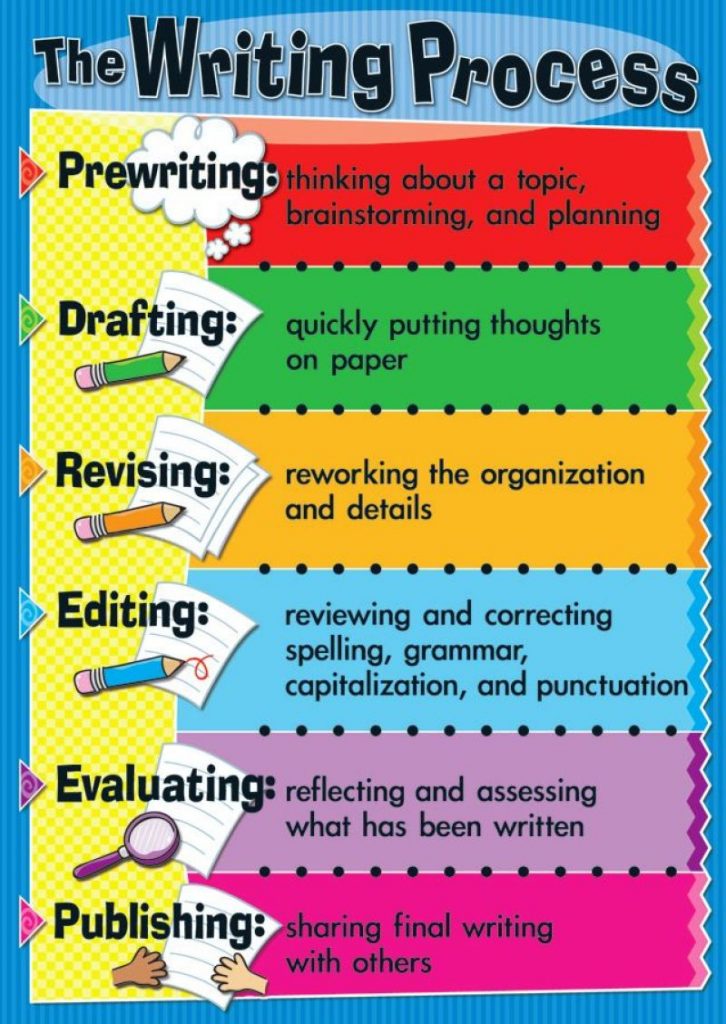As a dedicated special education attorney in Pennsylvania, I’ve advised countless parents on navigating the unique challenges the new school year presents. Based on my years of expertise, here are three essential special education advocacy tips to help you prepare.
- Understand Your Special Education Rights
The first step towards a successful school year lies in understanding your rights. Pennsylvania special education law affirms the right of every child, regardless of disability, to a free and appropriate public education (FAPE). Under the Individuals with Disabilities Education Act (IDEA), your child is entitled to an education that is tailored to their unique needs.
Action Steps:
- Invest some time to familiarize yourself with IDEA and Pennsylvania’s specific regulation.
- Read your procedural safeguards.
- Review this handy guide from the education law center.
- Keep an updated copy of your child’s Individualized Education Program (IEP) and be aware of its contents.
- Checkout a recording from our live stream presentation on how to break down your IEP.
- If you’re unsure, consult with a special education attorney or advocate.
- Stay Involved and Communicate with your IEP team.
Effective communication with your child’s teachers, school staff, and IEP team is essential. Keeping open lines of communication can ensure your child’s needs are met consistently.
Action Steps:
- Initiate regular check-ins with your child’s teacher and therapists.
- Attend all IEP meetings and stay actively involved in planning and decision-making.
- Clearly articulate your concerns and suggestions and be sure to send confirmation emails.
- Organize Your Documents in an IEP Binder
Keeping your child’s educational documents organized can make all the difference in meetings and discussions related to your child’s education. This can include report cards, IEPs, progress reports, evaluation reports, and any correspondence with the school.
Action Steps:
- Set up a system to file and organize your child’s educational documents.
- Regularly update this system with new information as you receive it.
- Bring relevant documentation to all meetings and discussions with the school.
Preparation is key when it comes to navigating the upcoming school year. By understanding your rights, staying actively involved in your child’s education, and keeping your documentation organized, you’re setting the stage for your child’s success.
Remember, as parents, you are your child’s biggest advocates. Stand firm, ask questions, and demand the best for your child. Together, we can ensure the upcoming school year is a successful one for your child.










